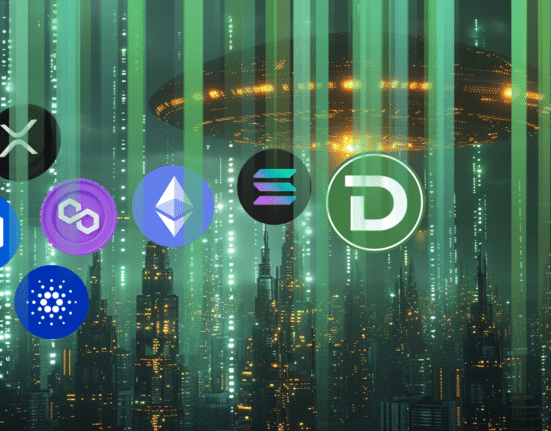In the intricate realm of legal disputes, the focus centers on the pivotal SEC vs. Jarkesy case, where George Jarkesy vehemently argues that his rights under the Seventh Amendment have been infringed upon.
The likes of Elon Musk and Mark Cuban, distinguished figures in the worlds of finance and decentralized finance (DeFi), have jointly presented an amicus brief to the Supreme Court of the United States. Their collective effort aims to voice concerns regarding the U.S. Securities and Exchange Commission’s (SEC) unorthodox approach to conducting internal proceedings, a process devoid of jury involvement.
Mark Cuban, the billionaire crypto enthusiast and ardent advocate of decentralized finance, actively immersed in the cryptocurrency space, joins forces with Elon Musk, the visionary CEO at the helm of Tesla and SpaceX. Elon, who recently rebranded Twitter to ‘X’ and perpetually courts attention and controversy in the crypto sphere, is of the view that these administrative proceedings yield varying outcomes for individuals confronted with SEC charges. Consequently, this approach sparks apprehension regarding the potential violation of the Seventh Amendment to the U.S. Constitution, which guarantees the right to a jury trial.
The core of this legal challenge revolves around the SEC vs. Jarkesy case, where George Jarkesy fervently asserts that his Seventh Amendment rights have been transgressed. He contends that the SEC’s internal adjudication process, bereft of a jury and overseen by an administrative law judge appointed by the commission, stands in stark contradiction to these sacrosanct rights. This, in effect, results in a solitary entity taking on the roles of judge, jury, and enforcer.
Musk, Cuban, and other amici curiae shine a spotlight on a notable shift in the SEC’s approach between 2013 and 2014. They keenly observed the SEC’s increasing preference for handling cases internally, as opposed to resorting to federal courts. This transformation in approach occurred subsequent to a series of unsuccessful insider trading cases being presented before juries.
Elon Musk, no stranger to legal disputes with the financial regulatory agency, now grapples with his third high-profile legal tussle. This new development follows earlier lawsuits in 2018 and 2019. Presently, the regulatory body seeks the involvement of a federal court to summon Musk’s testimony regarding his acquisition of Twitter, with a specific focus on his public statements pertaining to the transaction, as disclosed in legal records.
Nonetheless, the amici curiae steadfastly maintain their position, steadfastly contending that the choice of administrative proceedings over the utilization of federal court juries stands in contradiction to the SEC’s stated mission. Furthermore, they emphasize the potential negative repercussions such decisions could have on investors and the markets, which the SEC is deeply committed to safeguarding.















